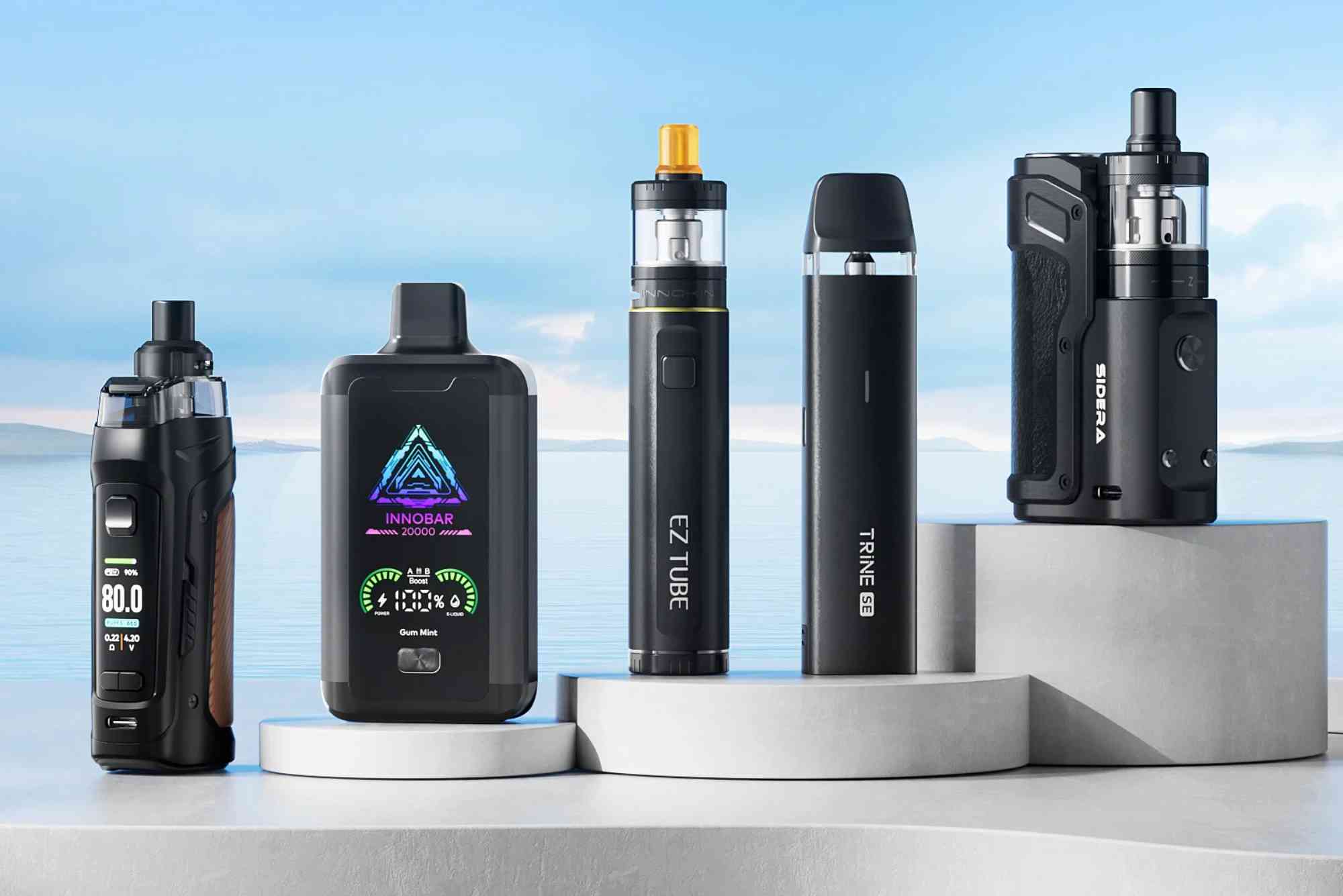Introduction
In recent years, the Michigan vape law has become one of the most discussed topics in the national debate over tobacco harm reduction. Michigan’s approach to regulating vaping products reflects both its commitment to public health and the growing recognition that e-cigarettes may serve as a safer alternative to smoking. As more states struggle to find a balance between protecting minors and reducing smoking-related deaths, Michigan’s legal framework could potentially set a new standard for responsible tobacco harm reduction.
Understanding the Michigan Vape Law
The Michigan vape law encompasses a broad set of regulations governing the sale, marketing, and use of vaping products. These rules were developed to protect minors from nicotine addiction while allowing adult smokers access to less harmful alternatives. Michigan was actually the first state in the U.S. to propose a temporary ban on flavored e-cigarettes in 2019, citing concerns over youth vaping rates. Although the ban was later blocked by the courts, it triggered a much-needed conversation about vaping safety and regulation.
Today, Michigan regulates vaping under its general tobacco laws, meaning e-cigarettes are treated similarly to traditional tobacco products. Retailers must obtain licenses, follow strict labeling requirements, and avoid sales to anyone under 21. Furthermore, all nicotine-containing vape products must include warning labels and meet packaging standards designed to prevent accidental ingestion by children. For official details on the laws and recent updates, you can refer directly to the Michigan Legislature — vaping law pages.
Key Provisions of Michigan’s Vaping Regulations
Several major provisions define how vaping is governed in the state. The Tobacco 21 law prohibits the sale of any nicotine products, including e-cigarettes, to individuals under 21. Retailers face heavy penalties for noncompliance, including license suspension or revocation. Michigan also enforces restrictions on where vaping is allowed, with many public places, schools, and workplaces listed as vape-free zones.
The state’s clean indoor air laws have been updated to include electronic nicotine delivery systems (ENDS). This means that vaping is banned in many of the same areas as smoking. Additionally, Michigan requires manufacturers and distributors to register their products and disclose ingredients, which helps maintain transparency and ensures that harmful substances are not used in vape liquids.
Why Michigan’s Approach Stands Out
What makes Michigan unique is its evolving stance toward harm reduction. Initially, the state took an aggressive anti-vaping position, focusing primarily on youth prevention. However, as evidence mounted showing that vaping could be significantly less harmful than smoking combustible tobacco, Michigan began exploring a more balanced approach.
Instead of outright prohibition, Michigan’s focus is shifting toward education, age enforcement, and quality control. The government recognizes that while vaping is not risk-free, it can be an effective tool for adult smokers who are unable or unwilling to quit nicotine altogether. By creating a regulated, transparent marketplace, Michigan aims to protect minors while helping adult smokers transition away from cigarettes.
Vaping and Tobacco Harm Reduction: The Science Behind It
Tobacco harm reduction refers to policies or practices that minimize the health risks associated with tobacco use without necessarily eliminating nicotine consumption. Research from reputable organizations such as Public Health England and the Royal College of Physicians suggests that vaping is around 95% less harmful than smoking traditional cigarettes. This is because e-cigarettes do not burn tobacco, which eliminates many carcinogenic chemicals found in smoke.
For many smokers, vaping represents a lifeline—a way to reduce their exposure to toxins while satisfying nicotine cravings. Michigan’s laws, by allowing access to regulated vape products, support this public health goal. However, the state also emphasizes the need for accurate information to prevent misinformation that could either encourage youth use or discourage adult smokers from switching.
Challenges in Implementing the Michigan Vape Law
Despite its potential, the Michigan vape law faces several challenges. The first is public perception. Many still view vaping as equally dangerous as smoking, a misconception fueled by misinformation and media coverage of isolated health incidents. Another challenge is enforcement. Ensuring that retailers comply with the age restriction laws requires consistent oversight and penalties for violations.
Moreover, the unregulated online marketplace poses another problem. While Michigan has laws against online sales to minors, enforcing them remains difficult. Flavored vape bans in other states have led to a rise in black-market products, and Michigan must guard against similar risks by maintaining safe, legal access to regulated products for adults.
The Role of Education in Tobacco Harm Reduction
Education plays a crucial role in the success of Michigan’s vaping regulations. The state has initiated several public awareness campaigns focusing on the dangers of nicotine for minors and the relative benefits of harm reduction for adult smokers. By clearly distinguishing between youth prevention and adult cessation strategies, Michigan can ensure that its policies protect vulnerable groups without discouraging legitimate harm reduction efforts.
Educating retailers is equally important. They must understand not only the legal requirements but also the ethical responsibility of ensuring that vape products are sold only to those who meet the legal age requirement.
Can Michigan Lead the Way in Tobacco Harm Reduction?
There is a strong argument that Michigan’s approach could serve as a model for other states. By embracing a balanced strategy that combines regulation, harm reduction, and education, Michigan demonstrates that it is possible to safeguard public health while respecting adult autonomy. Unlike prohibitionist policies that often backfire by driving consumers to unregulated sources, Michigan’s model emphasizes consumer safety and informed choice.
Furthermore, the Michigan Department of Health and Human Services (MDHHS) has recognized the importance of ongoing research into vaping’s long-term effects. This scientific openness ensures that future policy adjustments are based on evidence, not assumptions.
If Michigan continues on this path—updating regulations as new data emerge and promoting transparency among manufacturers—it could very well become a leader in tobacco harm reduction nationwide.
Economic and Public Health Impact
The vaping industry contributes significantly to Michigan’s economy through taxes, job creation, and retail growth. By maintaining clear and fair regulations, Michigan ensures that legitimate businesses can thrive while illegal operators are penalized. At the same time, public health benefits may include reduced smoking rates and lower healthcare costs associated with smoking-related diseases.
If more adult smokers switch to regulated vaping products, Michigan could witness a tangible decrease in lung cancer, heart disease, and other chronic conditions linked to tobacco. This aligns with the long-term goals of harm reduction—improving population health while maintaining individual freedom of choice.
The Future of Michigan’s Vape Law
Looking ahead, Michigan’s vaping policy is expected to evolve alongside new research and federal regulations. The U.S. Food and Drug Administration (FDA) continues to evaluate vape products for safety and marketing authorization, and Michigan’s state laws often align with these federal standards. Future updates could include additional restrictions on marketing practices, clearer product labeling, or even government-approved harm reduction programs designed to support smokers transitioning to vaping.
Public dialogue will continue to shape these changes. As more evidence accumulates, policymakers must strike a careful balance between protecting youth and supporting adults in making safer health choices. Michigan’s willingness to adapt and learn from both successes and challenges puts it in a strong position to influence national policy discussions.
A Model for the Future
The Michigan vape law represents a thoughtful and evolving approach to public health policy. By combining regulation, education, and harm reduction, Michigan is demonstrating that a balanced vaping strategy can protect young people while helping adult smokers make safer choices. As more states reevaluate their stance on vaping, Michigan’s framework may become a benchmark for responsible and effective tobacco harm reduction.
If you want to stay informed about updates or explore the exact legislative details, visit the official Michigan Legislature — vaping law pages. Understanding your state’s policies helps you make informed, health-conscious decisions. Whether you’re a policymaker, retailer, or individual seeking to quit smoking, stay informed about Michigan’s evolving vape laws. Knowledge is the first step toward a healthier, smoke-free future.
FAQs
Is vaping legal in Michigan?
Yes. Vaping is legal in Michigan for adults aged 21 and over. However, there are strict regulations on sales, marketing, and public use.
Can minors vape in Michigan?
No. The Michigan vape law strictly prohibits anyone under 21 from purchasing, possessing, or using e-cigarettes or other nicotine products.
Are flavored vapes banned in Michigan?
Currently, flavored vapes are not entirely banned, but there have been past attempts to restrict them. Future legislation may revisit this issue based on health data and youth vaping trends.
Can I vape in public places in Michigan?
Vaping is prohibited in many indoor public areas under Michigan’s clean air laws, similar to smoking restrictions. Always check local regulations before vaping in public.
Does Michigan tax vape products?
Yes, e-cigarettes and vape liquids are subject to taxes similar to traditional tobacco products. These funds help support health initiatives and enforcement programs.
How does Michigan support harm reduction?
Michigan promotes harm reduction through education, regulation, and ensuring adults have access to safer nicotine alternatives while protecting minors from addiction.




